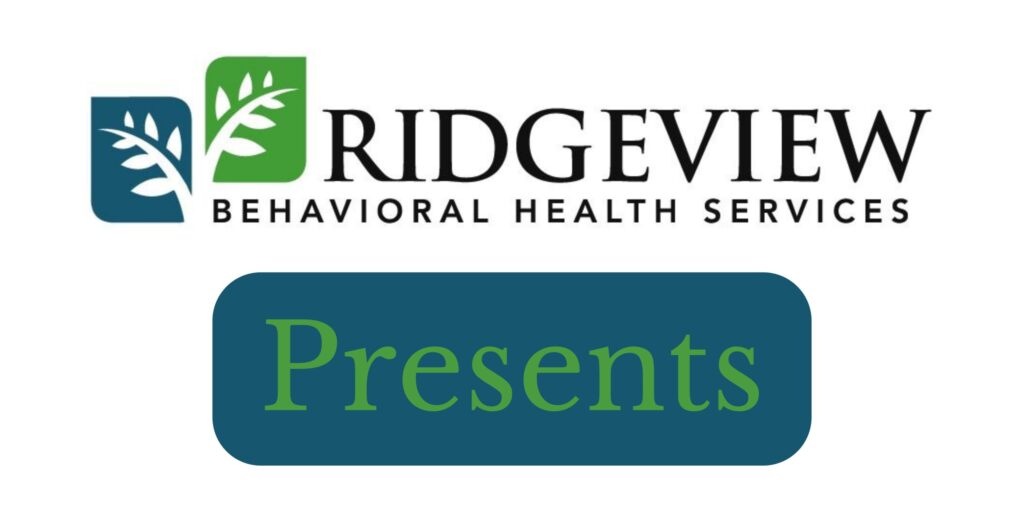
By Michael Yates
OAK RIDGE,TN (WLAF) – Each November, much to my wife’s disappointment, I put down my razor for Movember or No-Shave November—a lighthearted tradition I’ve kept for the past decade with a serious purpose. As I watch grey stubble grow in, she counts the days until December. The goal is to raise awareness for men’s health issues, especially prostate cancer and mental health. Behind the playful dispute over my stubble, though, lies an urgent truth: men are struggling silently at alarming rates.
According to the Centers for Disease Control and Prevention (CDC), men die by suicide nearly four times more often than women yet are significantly less likely to seek help for depression, anxiety, or emotional distress. Nearly one in 10 men experience daily feelings of anxiety or depression, and fewer than half ever receive treatment. The numbers are even more concerning for veterans—an estimated 14–16% of those who served in Iraq or Afghanistan have been affected by PTSD or depression, and one in eight has been diagnosed with major depressive disorder.
Part of the challenge is cultural. Many men grow up hearing messages like “tough it out,” “don’t cry,” or “handle it yourself.” Emotional vulnerability is mistaken for weakness. And when suffering is internal—not visible like a broken bone—many choose silence over support. But true strength isn’t the absence of struggle; it’s the courage to confront it and ask for help.
So, what can men do to protect and optimize their mental health—and how can communities support them? Here are a few practical steps:
Check in with yourself. Notice how you’ve been feeling lately—physically, mentally, emotionally. Pay attention to changes in mood, sleep, irritability, or energy. Losing interest in things you usually enjoy can be an early warning sign. Self-awareness is the first step toward self-care.
Talk it out. Reach out to a trusted friend, partner, pastor, or counselor. The conversation doesn’t need to be perfect. Sometimes simply saying “I’ve been having a hard time lately” or “I’m not feeling like myself” opens a door to relief and connection.
Move your body. Exercise is one of the most effective mood boosters we have. Walking, yardwork, or any activity that gets the heart pumping can improve sleep, focus, and emotional balance. An active body supports a healthy mind.
See your doctor regularly. Men are often less likely to go to the doctor until something is seriously wrong. Annual checkups can catch physical issues like high blood pressure or low testosterone that can also affect mental health.
Connect, don’t isolate. Whether through faith communities, peer groups, volunteering, or simply coffee with a friend, regular connection keeps us grounded. Isolation magnifies pain; community restores perspective.
Know, don’t guess. If symptoms persist, don’t rely solely on the internet or social media. A trusted mental health professional can provide a proper assessment and treatment plan.
At Ridgeview Behavioral Health Services, we see firsthand that hope and healing are possible. Men can and do recover—from depression, substance use, trauma, and overwhelming stress. The first and hardest step is often simply reaching out and seeking help. Through Ridgeview’s No Wrong Door philosophy and warm, compassionate staff found at all locations, men can access the support and care they need to begin their journey to a healthier tomorrow.
So, this Movember, let the beard—or the clean shave—be a reminder: caring for your health means caring for all of it. Check in on yourself and check in on each other. And as I remind my wife, the beard doesn’t last forever, but care and concern for your health should never end.
If you or someone you know is in need of professional help, Ridgeview is here to support you.
Care can begin today through Ridgeview’s Walk-in Clinic locations in Anderson, Campbell, Fentress, Morgan, Scott, and Roane counties. Visit www.ridgeview.com to learn more. For anyone experiencing a mental health crisis, Ridgeview’s Mobile Crisis Line is available 24 hours a day, 365 days a year at 1-800-870-5481.
Michael Yates is the Director of Development at Ridgeview Behavioral Health Services
(WLAF NEWS PUBLISHED 11/11/2025-6AM-PAID)
